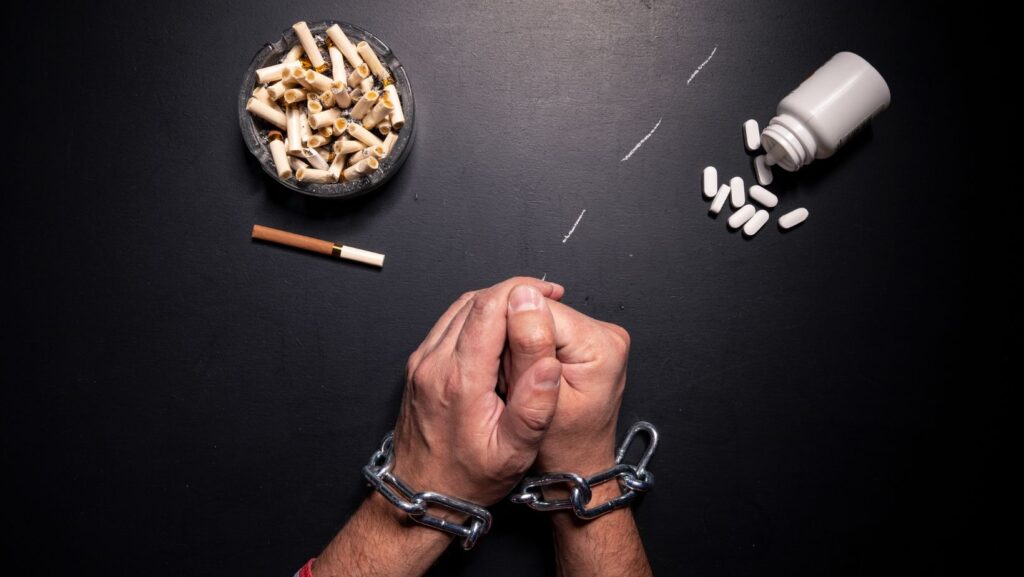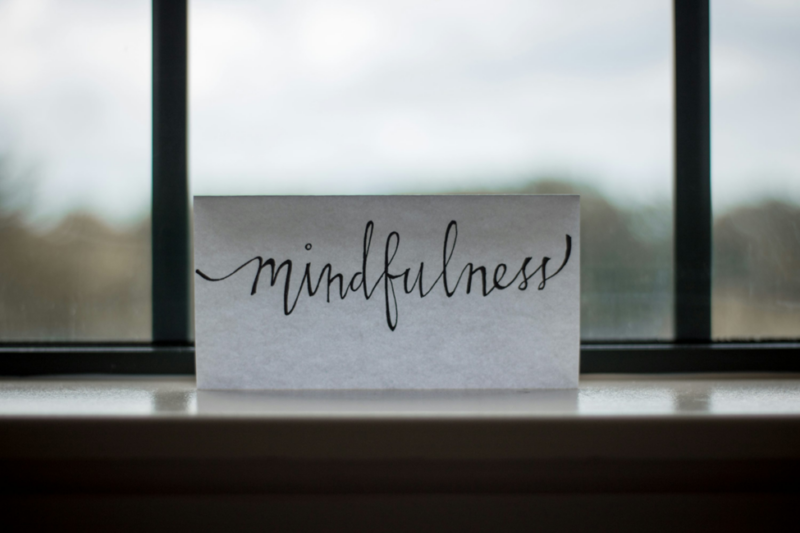
Key Takeaways:
- Understanding addiction as a multifaceted condition that affects both brain function and behavior.
- It is essential to seek a combination of therapy, medication, and support systems for recovery.
- External resources can offer valuable support and additional information.
What is Addiction?
Addiction is a complex disorder characterized by compulsive substance use despite harmful consequences. It isn’t merely a bad habit; it’s a powerful and debilitating condition that alters brain function and behavior, making it highly challenging for individuals to break free on their own. Addiction is considered a mental health disorder due to its impact on brain structure and function, yet it also has substantial physical dimensions.
While addiction can impact anyone regardless of age, gender, or socioeconomic status, recognizing the signs of addiction early can lead to more effective treatment and better recovery outcomes. Supportive environments such as those provided by Pinnacle Recovery play a crucial role in helping individuals navigate their journey toward overcoming addiction.
Recognizing the Signs of Addiction
Identifying addiction early can significantly improve recovery outcomes and provide a better chance of lasting sobriety. The signs can be deeply embedded in an individual’s behavior, social circles, and emotional stability. Behavioral changes such as neglecting responsibilities, increased secrecy, and unexplained absences can be red flags. Additionally, the person’s social circle may change dramatically, often involving new friends who encourage or enable substance use. Emotional instability, such as unexplained mood swings, anxiety, or depression, can also indicate a deeper issue with addiction. If you or someone you know exhibits any of these signs, seeking immediate help is crucial to mitigate the damaging effects of addiction.
Therapeutic Approaches to Addiction
Effective addiction treatment often requires a multifaceted approach, combining different therapeutic modalities to address the various aspects of the disorder. Cognitive-behavioral therapy (CBT) and Dialectical Behavior Therapy (DBT) are two of the most commonly used therapeutic approaches in treating addiction. CBT aims to help individuals recognize and change destructive behaviors and thought patterns. It teaches coping strategies and problem-solving skills essential for managing triggers and avoiding relapse.

DBT, on the other hand, focuses on managing emotions and improving interpersonal relationships, which can be particularly beneficial for individuals struggling with addiction and co-occurring mental health disorders.
Utilizing Medication-Assisted Treatment (MAT)
Medication-assisted treatment (MAT) combines behavioral therapy with medications to treat substance use disorders. MAT has been shown to reduce withdrawal symptoms, decrease cravings, and improve overall recovery outcomes. This approach is efficient for opioid and alcohol addictions. The medications used in MAT can help normalize brain chemistry, block the euphoric effects of alcohol and opioids, relieve physiological cravings, and stabilize body functions without the harmful effects of the abused substances. Some offer a comprehensive guide on MAT’s benefits and protocols, ensuring that individuals receive evidence-based treatment tailored to their specific needs.
The Role of Support Systems in Recovery
Having a solid support system is crucial for anyone in recovery. This support network can significantly impact recovery outcomes by providing emotional support, fostering accountability, and reducing feelings of isolation. Family members and friends play a vital role by offering empathy, encouragement, and practical assistance. Moreover, joining recovery groups such as Alcoholics Anonymous can provide a sense of community and mutual support. These groups offer a platform where individuals can share their experiences and learn from others who have faced similar challenges. Having a network of people committed to helping and understanding the struggle with addiction can be transformative and is an essential component of a successful recovery journey.
Quality of Life Post-Recovery
Recovery from addiction is not just about achieving sobriety; it’s about rebuilding a life that is fulfilling, meaningful, and healthy. This involves making positive lifestyle changes that contribute to overall well-being. Regular physical activities such as exercise can significantly improve mental and physical health, reducing stress and anxiety.

Practicing mindfulness and meditation can enhance emotional regulation and provide inner peace. Additionally, participating in volunteer work or pursuing new hobbies can provide a sense of purpose and fulfillment, helping to replace the void that addiction once filled.
External Resources for Addiction Recovery
Various online resources can provide additional support and valuable information for those in recovery. For instance, some offer extensive information on drug abuse, preventive measures, and treatment options. These resources are valuable for understanding the broader context of addiction and discovering additional strategies to support recovery. External resources can complement traditional treatment methods by providing up-to-date research, coping strategies, and a more comprehensive support network.
Conclusion
Overcoming addiction is a multifaceted journey that requires a combination of therapeutic approaches, medication, and robust support systems. Utilizing external resources and maintaining a network of supportive individuals can dramatically improve recovery outcomes. By approaching addiction with a comprehensive strategy, individuals can rebuild their lives and achieve lasting sobriety.












